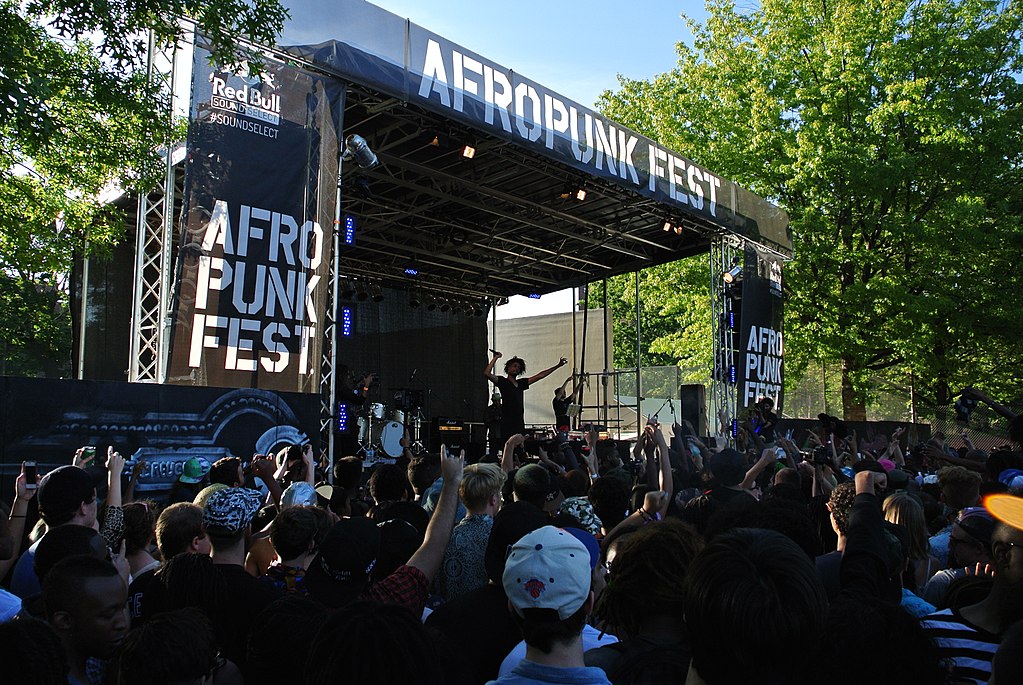Afropunk is back, with a new message for its critics

A year after controversy engulfed Brooklyn’s Afropunk, the annual music festival aimed at uniting the African diaspora and celebrating blackness is back with a new slogan: #AfropunkWeSeeYou.
The festival is this weekend, Aug. 24-25, at Commodore Barry Park on Flushing Avenue and North Elliot Place. Performers like Jill Scott, FKA Twigs, Leon Bridges, Gary Clark Jr. and Santigold are slated to take the stage.
Afropunk came under scrutiny last year by some of its supporters for leaving behind the communities for which it was created. Ebony Donnley showed up in a T-shirt that read “Afropunk sold out for white consumption” to Afropunk 2018. Donnley and his partner, Ericka Hart, were told to leave the festival and escorted out of the VIP section.

Brooklyn Boro
View MoreNew York City’s most populous borough, Brooklyn, is home to nearly 2.6 million residents. If Brooklyn were an independent city it would be the fourth largest city in the United States. While Brooklyn has become the epitome of ‘cool and hip’ in recent years, for those that were born here, raised families here and improved communities over the years, Brooklyn has never been ‘uncool’.